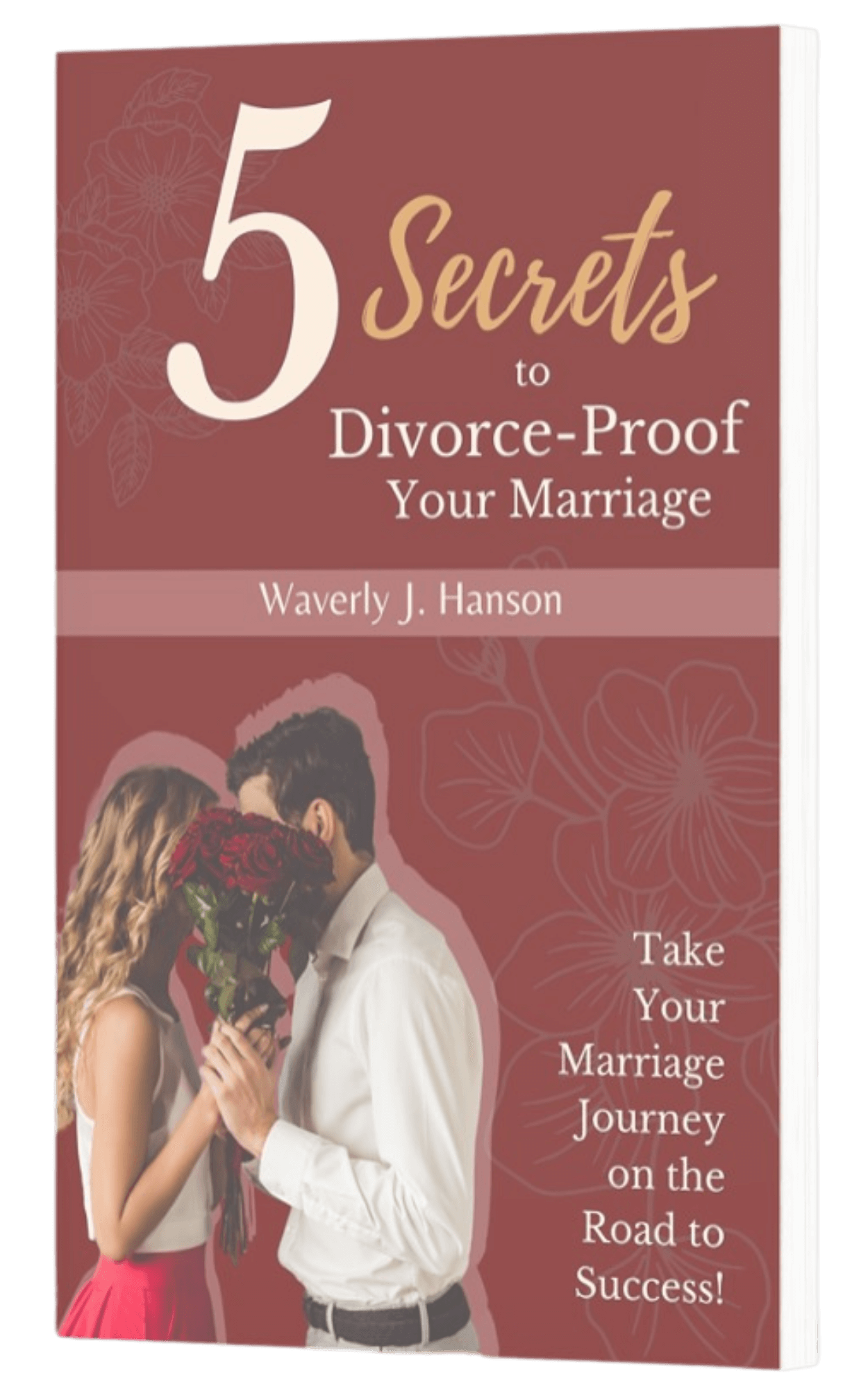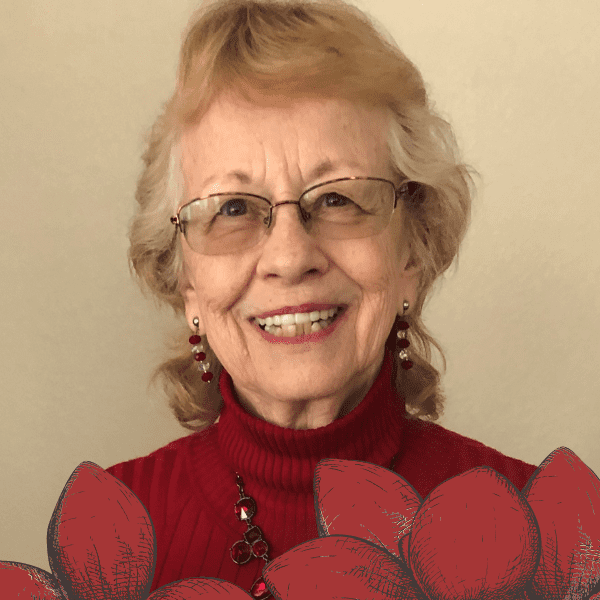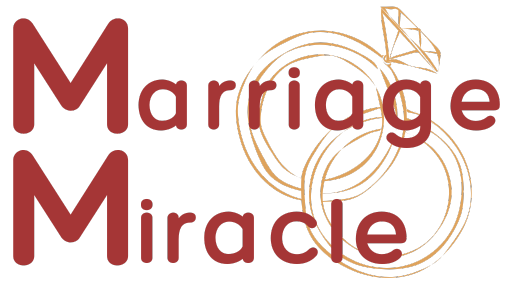The single most important relationship skill is not communication, it’s taking ownership. Today I want to share a great article from David Steele who is the founder of Relationship Institute where I received extensive relationship coach training and am still a member.
Successful relationships require taking ownership of your experience.
What is Your Experience?
Your experience is what happens inside your body and your mind in response to events. It is composed of your thoughts, emotions and physical sensations.
Your experience is involuntary, it just happens. It’s neither good or bad or right or wrong. Your experience is always OK and valid.
Your Thoughts
We spend a lot of time in our head listening to our thoughts. Sometimes thoughts just pop into our consciousness automatically. Sometimes we direct our thoughts with intentionality to solve a problem, express ourselves, make a decision, etc.
Some of our thoughts are judgments. A judgment is making a meaning or interpretation in response to an event, such as right or wrong, good or bad, theory, explanation, reasoning, logic, etc.
Facts vs Judgments
You and a friend go for a walk. You say, “It’s a beautiful day.”
Your friend responds, No, it sucks.
Your reaction is to be surprised. You can’t imagine anyone could experience such a warm, sunny day to suck. Your impulse may be to argue with them. Are you kidding? Look at that clear blue sky. It’s a gorgeous day!
This is a very small example of a huge dynamic that creates more relationship conflict than anything else you can imagine.
So let’s take a look at this. You observe the following facts:
The sky is blue; The temp is 76 degrees; You are walking in a park.
Facts are typically measurable events and can be observed through a video camera. If you poll 100 people about a fact, such as Is the sky blue, you will typically get almost unanimous agreement that it is blue, except if you are color blind.
If you pick 100 people and ask is the sky pretty, you are asking for an opinion or judgment and will typically get less than 100 percent agreement.
Your own experience of the day is positive. You interpret the blue sky as beautiful, the temperature as perfect and comfortable and your body feels good to get exercise by walking. These are meaning you’ve created from your experience of the facts or event.
Your friend’s experience is negative. We don’t know why yet, but there are many reasons why she or he might judge the day to suck.
You Always Have a Choice
In the above example, you have a critically important choice to make in your response to your difference of opinion about the day.
Option 1: Focus on the difference: Are you crazy? Look at that blue sky and tell me it’s not a beautiful day!
Option 2: Focus on curiosity, compassion: What’s going on for you?
The unconscious knee-jerk response is often to focus on the difference in our experiences and judgments. This choice discounts and argues with any point of view that doesn’t mirror ours and leads to conflict.
It requires a conscious choice to accept differences and not impose our own experiences and judgments on others. To come from a place of curiosity about and compassion for a human being who we care about who thinks and feels differently from ourselves.
The Importance of Ownership
It is not someone else’s fault that you are thinking or feeling something good, bad or indifferent. It is coming completely from inside of you.
The principle of ownership can be hard to grasp when our partner provides the trigger for how we feel and react, but the fact is that while our experience is involuntary, we do have complete choice over the meanings we create and the actions we take.
Behavior follows patterns. Nothing ever happens just once. If you don’t strive to take complete ownership of your thoughts, feelings and judgments, you will follow a pattern of blaming others, playing victim and your life and relationships will suffer.
Following are tips to help strengthen your marriage. But first, check out my products related to marriage health.

How You Can Take Ownership: A Four-Step Paradigm
I have found the easiest way to take ownership of your experience in a relationship is to keep in mind the triad of Facts, Judgments, Feelings.
Facts: Usually a measurable event such as the sky is blue.
Judgments: The meaning we make of the event the blue sky is pretty.
Feelings: Our emotions and sensations: warm, cold, happy, sad, etc.
Often what we as human beings do, especially when we’re upset or excited, is we make judgments about something and try to make that be the fact.
Examples: You make me so angry; You’re a jerk; I love you; War is hell; Ice cream is good!
These are all judgments you might feel so strongly about that you believe them to be true. While they might be your personal truth at the time, they are not facts, no matter how strongly you believe them to be true.
It all starts with an event or stimulus. Something happens that gives us a certain experience.
Next, we react to our experience by making a meaning of it and forming judgments.
Then our judgments stimulate our emotions: mad, sad, glad, fear, shame.
And all of this happens in the blink of an eye.
We can then react consciously or unconsciously. If we react unconsciously, we will act out our feelings and judgments, whatever they are.
If we react consciously we will separate the facts from our feelings and judgments and then decide what meanings to make and actions to take. This begins by reviewing the facts in your head and making sure you’re not mixing in judgments.
Step One: Review the Facts
OK, the sky is blue, we’re walking in the park together, the temperature is about 76 degrees. I just said: It’s a beautiful day, and my friend said: No, it sucks.
Step Two: Review Your Judgments
Hmm, I believe it’s a gorgeous day walking here is wonderful and I judge that my friend isn’t getting it at all.
Step Three: Identify Your Feelings
Once you’ve separated the facts from your judgments and feelings, you are in a much better position to decide what to think, feel and how to react. Notice in the above example that the judgments and feelings are mixed, which is common. If you are conscious you can choose among the mix of judgments and feelings that you will embrace and act upon and which you will discard or leave alone.
Step Four: Make A Conscious Choice
Once you’ve separated the facts from your judgments and feelings you are in a much better position to decide what to think, feel and how to react. Notice in the above examples that the judgments and feelings are mixed, which is common. If you are conscious you can choose among the mix of judgments and feelings that you embrace and act upon, and which you will discard or leave alone.
In the walking story, you might decide to focus on your sadness that your friend is having a bad day and choose a compassionate response and discard your judgment that they aren’t getting it.
The Power of Taking Ownership
It is our nature to have lots of thoughts, judgments and feelings; some that we want to identify with and some that we do not.
It is common to confuse judgments with facts because we believe them so strongly.
It is also common to confuse feelings with judgments as well. I feel like you’re so wrong about that. It is common to have conflicting reactions, such as You’re such a jerk; and I love you at the same time.
While our experience is involuntary and overwhelmingly strong and real for us at times, as conscious beings, we can pick and choose our truth and what we say and do about it.
Therefore, we are responsible for what we feel, think, say and do. There are no victims in the conscious adult world. Taking ownership gives us power over our choices and destiny, and thus is the key to a successful and happy life and relationships.
Copyright: Relationship Coaching Institute by David Steele
All Rights Reserved – Used with permission as Licensed Member
Note from Waverly J. Hanson
For those of you who have been working with me or reading my articles, remember the humorous What I’m making up in my head about that right now is…
Additionally, remember that we all act as Meaning Machines and we often practice both Mind Reading and Fortune Telling.
When you really think about it, while you and I all do or have done these things, none of them really work!
So let’s use the ownership concept above along with the other tools!
These Tools and principles really do work!

Waverly Hanson
Marriage Counselor & Author
In my personal life, I have had a long successful marriage and have remarried following my husband's death. I have had three sons and helped raise a niece for three years and have seven grandchildren. I have loved spending time with them as they were growing up.
I also enjoy getting together with family and friends, ATVing in the mountains, photography, hiking, and traveling. I also enjoy reading, creating art, decorating, and serving others by volunteering.
Assisting couples in rebuilding their marriages has been so rewarding as I've had the privilege of seeing hundreds of couples reunite and get back to being positively connected to one another.
I also work with personal development and those who want to move forward by making positive improvements such as goal setting, self-care, boundaries, behavioral improvements, overcoming procrastination, conflict management, etc.

